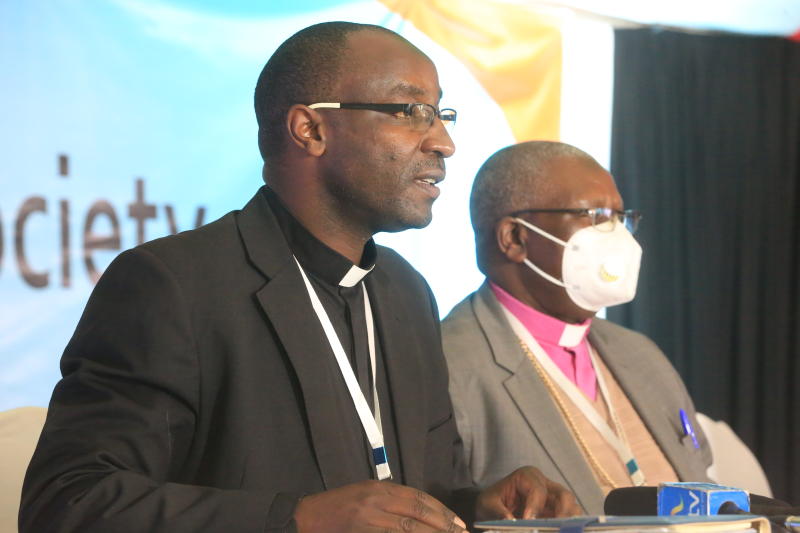
Corona times have escalated the political value of the church. As legitimate organised public gathering, the church is on high demand among politicians. A bonus factor is that it comes with no organising costs, and politicians are honoured with front row seats. Even with no prior arrangements, they are sure to be given a chance to address the worshippers. They are conscious of a double publicity score - the physical gathering and media audiences.
Experience has taught politicians that church leaders do not mind when they bring politics to the sanctuary – as long as somewhere along their speech they say “Praise the Lord.” Many congregants – often unthinkingly - answer back “Amen” to their punchlines and even clap at the end of their speech. On a good day, the politicians may even obtain a laying-on-of-hands and a favourable prophecy.